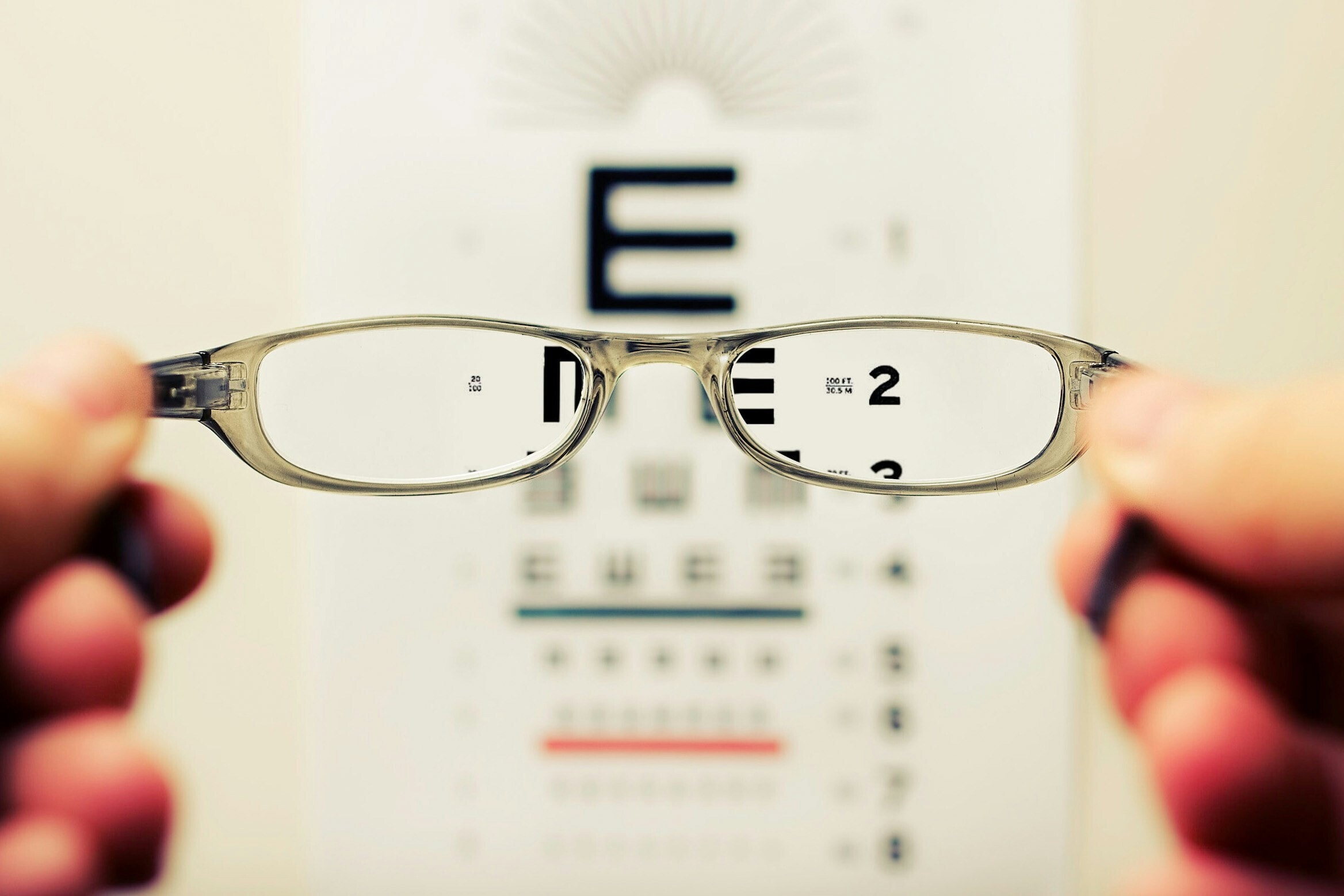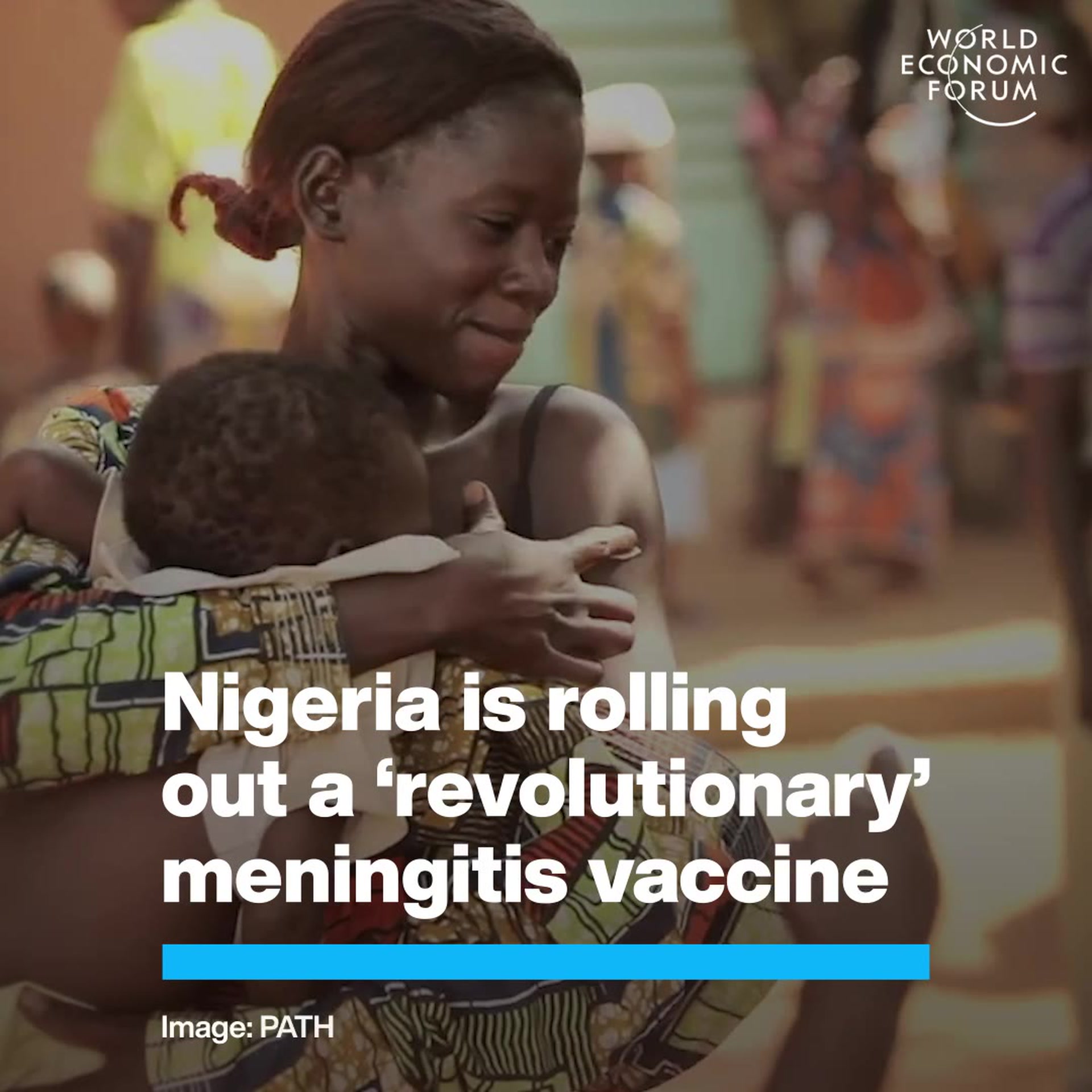This is how many people antibiotic resistance could kill every year by 2050 if nothing is done

Image: REUTERS/Suzanne Plunkett

Get involved with our crowdsourced digital platform to deliver impact at scale
Stay up to date:
Future of Global Health and Healthcare
All 193 UN member states have pledged to tackle what has been called one of the major health challenges of our time: antimicrobial resistance (AMR).
The declaration will be signed at the UN General Assembly in New York, as global awareness of the issue grows.
“The declaration is the culmination of six years of hard work,” said Professor Dame Sally Davies, England’s chief medical officer. “I am extremely proud that every UN member state is now engaged in the enormous task of tackling the greatest future threat to our civilization.”

What is antimicrobial resistance?
Infectious diseases are developing resistance to the antimicrobial drugs that we use to treat them. Our misuse and overuse of antimicrobials is accelerating this process. Over prescription and failure to properly complete courses of treatment both allow resistance to develop.
_________________________________________________________
Have you read?
Superbugs: how worried should we be?
We must stop squandering our precious antibiotics
Technology alone won't stop the spread of superbugs – so what's the solution?
__________________________________________________________
Animal consumption of antibiotics is also a major problem. Seventy-percent of medically important antibiotics are given to animals – not humans – in the US. Research suggests there is a link between agricultural use and resistance in humans.
Antimicrobials include antibiotics, antivirals and antifungals. Although antibiotic resistance is the perhaps the most well-known, a variety of drug-resistant infections exist.
These are a major problem because they make the drugs we use to treat infections far less effective. Strains of tuberculous already exist that are resistant to most – even all – current drugs.
Drug-resistant infections already cause around 700,000 global deaths. Vulnerable patients, such as the young or old, are particularly at risk.
The global picture
Without action, by 2050 someone could die every three seconds as a result of AMR, says the Review on Antimicrobial Resistance. That’s 10 million people a year.

The majority of deaths will occur in Africa and Asia – over 4 million in each region. The estimated death toll for the rest of the world is lower, but could still reach nearly 400,000 in both Latin America and Europe.
Warnings about AMR are nothing new – Alexander Fleming reportedly warned about the development of drug-resistance in his 1945 Nobel Prize acceptance speech.
But now there is hope that action could be coming at just the right time.
“It’s very serious indeed – it’s killing people around the world at the rate of hundreds of thousands a year and we all expect it to get worse if something isn’t done now,” Mark Woolhouse, Professor of Infectious Disease Epidemiology at the University of Edinburgh, told The Guardian. “But the UN is coming in at just the right time, in a sense.”
Don't miss any update on this topic
Create a free account and access your personalized content collection with our latest publications and analyses.
License and Republishing
World Economic Forum articles may be republished in accordance with the Creative Commons Attribution-NonCommercial-NoDerivatives 4.0 International Public License, and in accordance with our Terms of Use.
The views expressed in this article are those of the author alone and not the World Economic Forum.
The Agenda Weekly
A weekly update of the most important issues driving the global agenda
You can unsubscribe at any time using the link in our emails. For more details, review our privacy policy.
More on Health and Healthcare SystemsSee all
Charlotte Edmond
May 14, 2024
Shyam Bishen
May 13, 2024
Anna Cecilia Frellsen
May 9, 2024
Angeli Mehta
May 8, 2024
Emma Charlton
May 8, 2024






